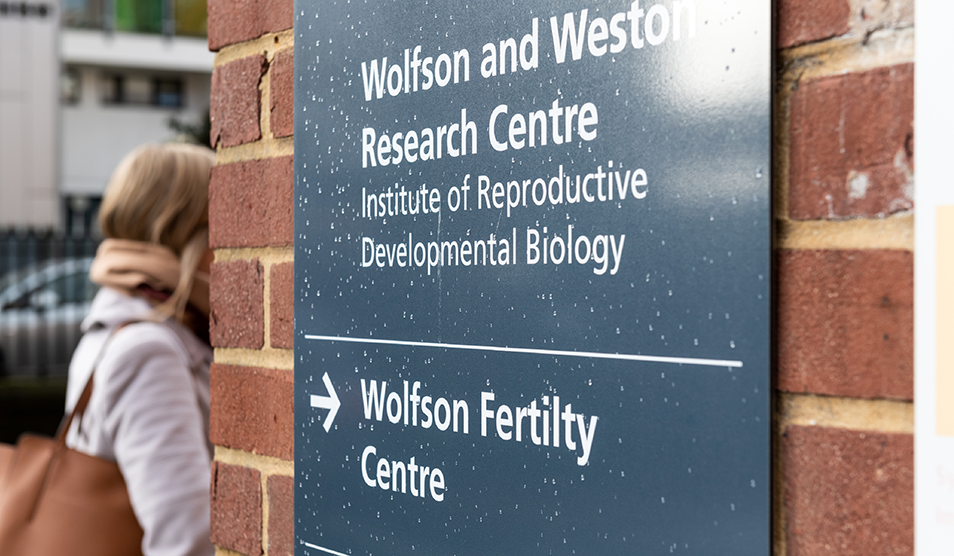Promising new treatment for rare pregnancy cancer leads to remission in patients
A research trial at Charing Cross Hospital, part of Imperial College Healthcare NHS Trust, is the first to show how an immunotherapy drug could be used to cure women of a rare type of cancer arising from pregnancy when existing treatments have failed.
Three out of four patients at Charing Cross Hospital with the cancerous forms of gestational trophoblastic disease (GTD) went into remission after receiving the immunotherapy drug pembrolizumab in a clinical trial carried out by researchers and clinicians at Imperial College London. Immunotherapy is a type of treatment that helps a person’s immune system fight diseases such as cancer.
GTD is the term used to describe abnormal cells or tumors that start in the womb during or after pregnancy. Globally, 18,000 women are diagnosed annually with cancerous forms of GTD, most of whom are cured with chemotherapy or surgery. However, up to 5 per cent of these women’s outcomes are fatal due to factors such as chemotherapy resistance. The researchers wanted to test whether the drug could be used to treat four patients aged between 37-47 years who had become resistant to long-term chemotherapy. The patients were given pembrolizumab intravenously every three weeks over a period of about six months between 2015 - 2017.
Professor Michael Seckl, consultant medical oncologist at Charing Cross Hospital and lead author of the study, said: “We have been able to show for the first time that immunotherapy may be used to cure patients of cancerous GTD. While current treatments to tackle GTD cure most cases of the disease, there are a small number of women whose cancers are resistant to conventional therapies and as a result have a fatal outcome. Immunotherapy may be a life-saving treatment and can be used as an alternative to the much more toxic high dose chemotherapy that is currently used. These are landmark findings that have implications on how we treat the disease in the UK and around the world.”
Melody Ransome took part in the clinical trial after being diagnosed with choriocarcinoma, which had spread from her uterus to her liver, kidney, pancreas, lungs and brain. Melody was given the immunotherapy drug over five months in 2015. After her second infusion, Melody’s hCG levels dropped by 50 per cent and she was in remission two months later. Melody continues to be in remission two and half years after receiving the immunotherapy.
“Before the trial I was being treated by high dosage of chemotherapy which made me feel awful. I experienced hair loss, fatigue and it was difficult to carry out normal tasks like looking after my two children. On top of that, the chemotherapy wasn’t working.
“This all changed for me once I was given the immunotherapy drug. Each week I felt better and better. I had no side effects and I started to feel more normal. When I was told that I was in remission I was shocked that the treatment had worked in such a short amount of time. It’s been life changing and I’ve been able to enjoy spending quality time with my family again. I used to be able to swim 40 lengths before my illness and since having the immunotherapy I am close to it. It’s been an incredible journey.”





